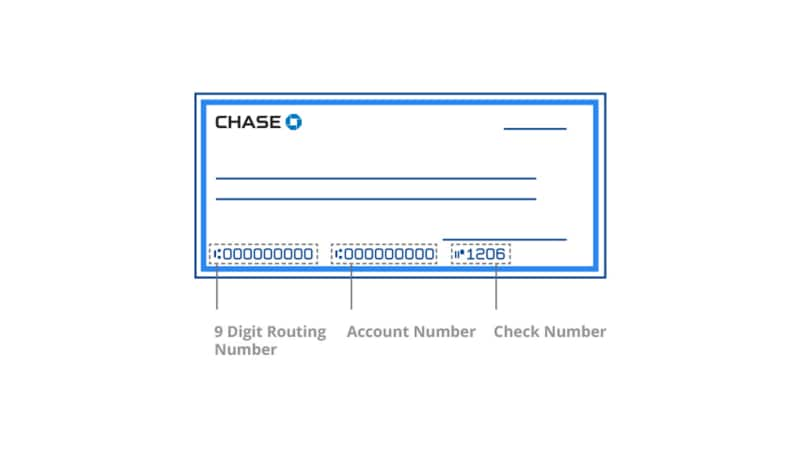What is early direct deposit and how does it work?

Do you wish payday could come a little earlier? With early direct deposit services, it just might. When you set up early direct deposit, you can possibly receive your paycheck up to two business days earlier than you normally would receive your direct deposit. How does that work? Let's learn more about what early direct deposit is, what makes it possible and why it might be worth trying.
What is early direct deposit?
Early direct deposit is a service that some banks provide on certain qualifying account types. This service can potentially make direct deposited funds available in your account up to two business days earlier than usual. Banks that offer early direct deposit do this by making funds available in your checking account as soon as they receive information from a payer, such as your employer, about incoming deposits, rather than waiting for the funds to clear first. This way, you might have access to your direct deposit two days early.
Keep in mind that when these deposits are credited depends on when your payer submits the payment information. Thus, timing could potentially vary and, in some cases, you may not receive your funds early. Early direct deposit is designed to potentially give you earlier access to funds. Speaking to your employer and your bank may give you a clearer picture of when this process takes place.
Potential benefits of early direct deposit
Getting your paycheck up to two business days early may provide an advantage worth noting. Having early access to funds lets you pay bills ahead of time, potentially staving off late fees. Early access may also help avoid overdraft fees.
How to set up early direct deposit
The setup process for early direct deposit varies between financial institutions. Some financial institutions may automatically enroll eligible accounts in early direct deposit services. With others, you may have to set up direct deposit first and early direct deposit may be optional.
Some of the banks that offer early direct deposit may do so for free, while others might charge a fee. Checking with your bank or credit union about their early direct deposit services can illuminate their setup process and whether their early direct deposit services are free or paid. There may also be certain requirements regarding the type of account and minimum deposit thresholds. Reading the terms and conditions of any account or service before signing up might help avoid unexpected surprises later.
In summary
Early direct deposit services can allow customers to receive their direct deposits, such as their paycheck, up to two business days early. Banks do this by providing funds as soon as the payor, such as your employer, provides the deposit information, rather than waiting for the actual funds to clear. Getting your money early may afford you the benefit of improved cash flow. Checking with your bank about their early direct deposit services can help you start seeing your paychecks early.



